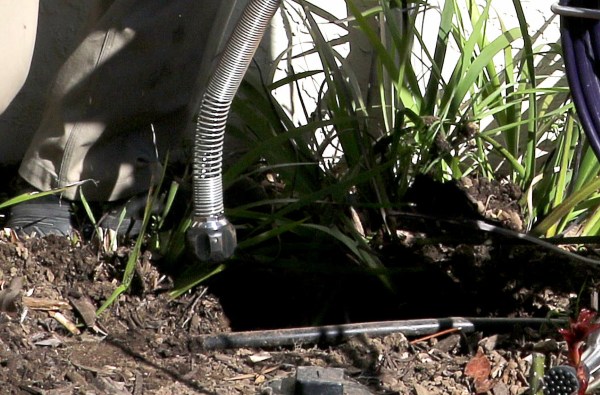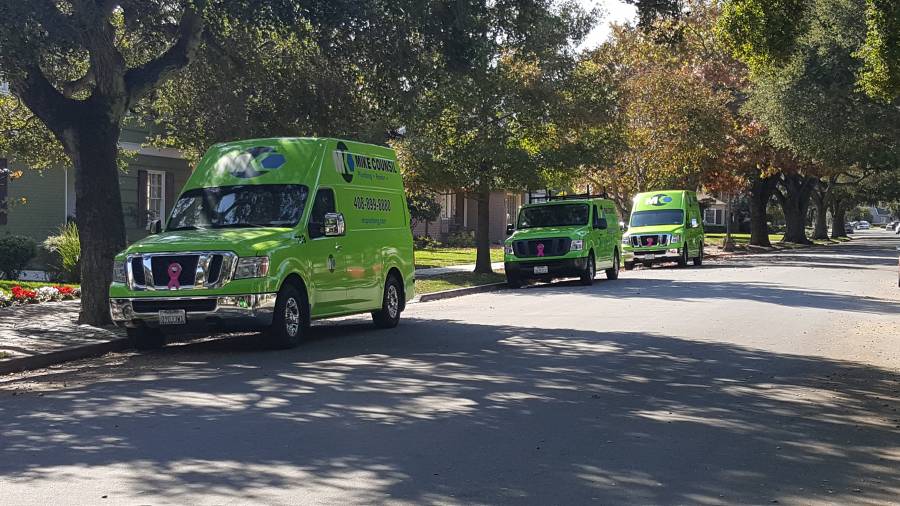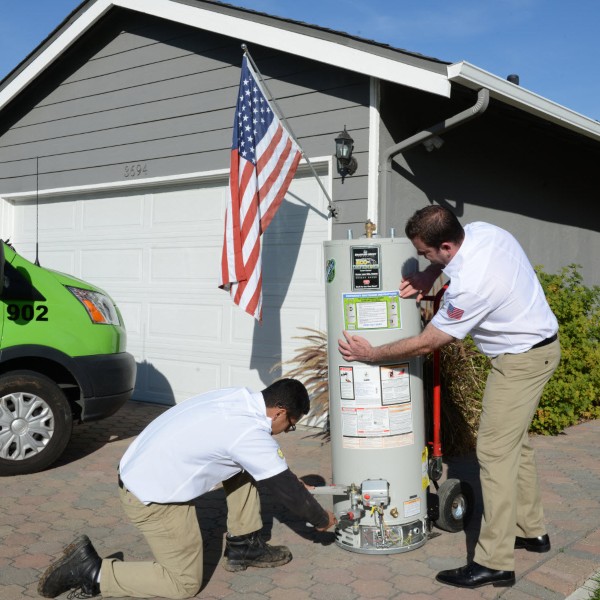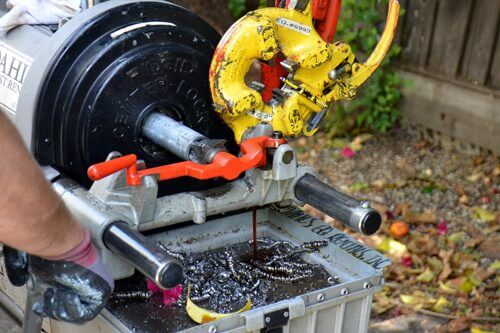
Clogged drains are a common household problem that can be frustrating to deal with. Whether it's a slow drain or a complete blockage, a clogged drain can cause water to back up into sinks, tubs, and toilets, making it difficult to use these fixtures. Fortunately, there are several effective methods for unclogging drains that can help you restore the flow of water and prevent future clogs.
One of the most common methods for unclogging drains is to use a plumbing snake or "cable" to physically remove the blockage. This involves inserting a flexible metal cable into the drain and rotating it to break up and dislodge the obstruction. While this method can be effective, it's important to be careful when using a plumbing snake, as it can potentially damage pipes if used improperly.
Another effective method for unclogging drains is to use hydro-jetting. This process involves using high-pressure water to blast away blockages and clean out the inside of the pipe. Hydro-jetting is a safe and effective method that can be used on a variety of clogs, including grease buildup, tree roots, and mineral deposits.
In addition to these methods, regular drain maintenance is essential for preventing clogs from occurring in the first place. This includes avoiding putting food scraps, grease, and other debris down the drain, using drain screens to catch hair and other small particles, and having your drains professionally cleaned on a regular basis.
When it comes to drain maintenance and unclogging services, Mike Counsil Plumbing and Rooter is a trusted name in the industry. Their team of experienced professionals provides high-quality plumbing services, including drain cleaning and unclogging, using the latest equipment and techniques.
At Mike Counsil Plumbing and Rooter, they understand that every clogged drain is unique and may require a different approach for unclogging. That's why they offer a range of services, including cabling drain and hydro-jetting, to ensure that they can effectively remove any type of clog.
If you're experiencing a clogged drain, don't hesitate to call Mike Counsil Plumbing and Rooter. Their team of experts can quickly diagnose and address the issue, using the most effective methods to restore your plumbing system's flow and prevent future clogs.
In conclusion, clogged drains can be a major inconvenience, but there are effective solutions available. Whether it's cabling drain, hydro-jetting, or regular maintenance, taking care of your drains can help you avoid costly repairs and keep your plumbing system running smoothly. And if you need professional help with your clogged drains, you can always count on the experts at Mike Counsil Plumbing and Rooter to provide fast, reliable service.
https://mcplumbing.com/blog/clogged-drains-and-maintenance/


